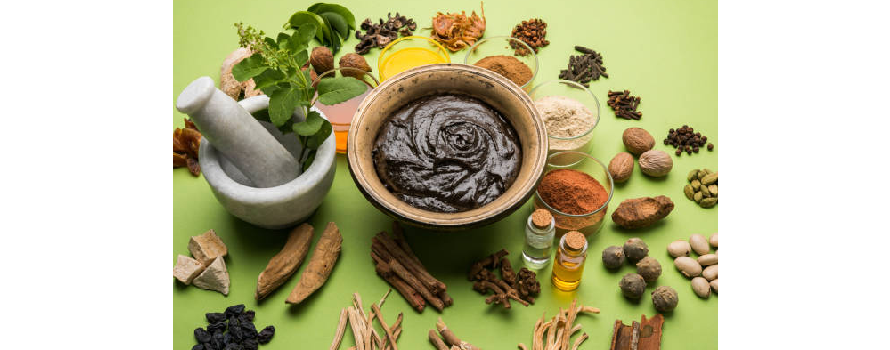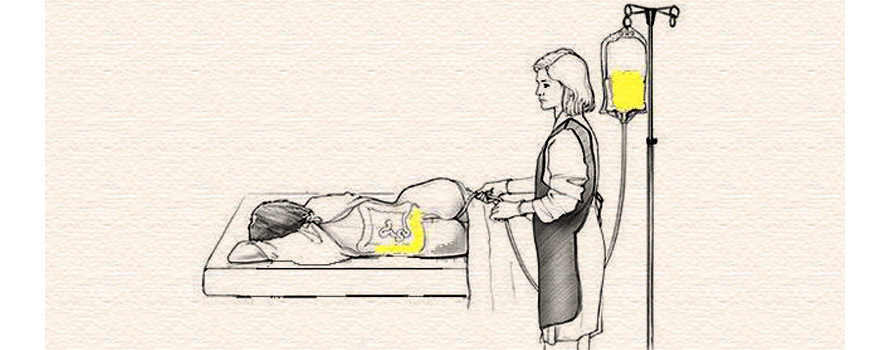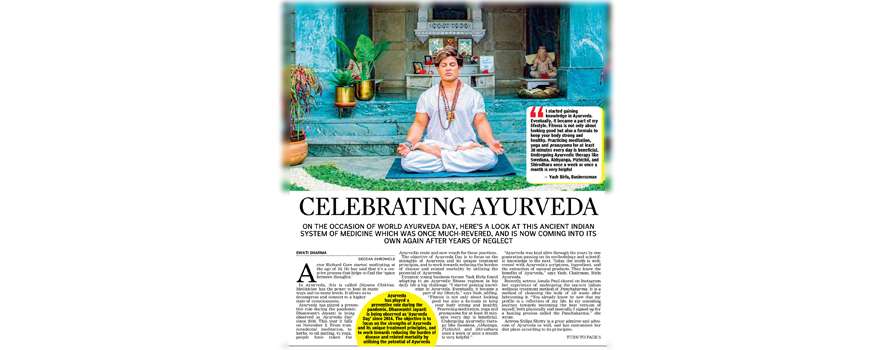Varicose veins are twisted, bulging veins. Any location (the vein that is close to the skin’s surface) might develop varicose veins. Leg veins are most frequently affected by varicose veins. This is due to the added pressure that standing and walking place on the lower body’s veins.
Varicose veins and spider veins, a common, mild variety of varicose veins, are frequently seen by many individuals as purely aesthetic issues. Varicose veins may cause agonising pain and discomfort in certain people. Sometimes, more serious problems might arise as a result of varicose veins.
An ancient branch of medicine with roots in India is called Ayurveda. In order to attain both physical and mental well-being, it prioritises promoting mental, physical, and spiritual balance. It frequently combines herbal remedies with diet, massage, and/or meditation.
Ayurvedic medicine has been used for centuries to address a wide range of medical conditions. One of them is having varicose veins. In this post, we go over how one might benefit from using Ayurveda to treat varicose veins.
Ayurveda has several facets that can be utilised to treat or control varicose veins. Diet, medicine, exercise, and lifestyle modifications are a few of these elements.
Here are some Ayurvedic treatments for varicose veins
1. Ayurvedic diet
The Ayurvedic diet, which is based on the principles of Ayurvedic medicine, tries to balance different types of energy in your body, which is believed to promote health. According to this diet, the foods you should consume to promote inner harmony depend on your Dosha.
For instance, the Pitta Dosha prioritises cooling, and energising meals while restricting spices, nuts, and seeds. The Vata Dosha favours warm, wet, and grounded meals while avoiding dry fruits, strong herbs, and raw vegetables. The Kapha Dosha discourages consuming fatty foods like nuts, seeds, and oils in favour of, among other things, fruits, vegetables, and legumes. Artificial sweeteners, processed meals, and red meat are off-limits for all three Doshas. On the other hand, the Ayurvedic diet encourages the consumption of nutritious, whole foods.
2. Ayurvedic massage
Abhyanga is another name for an Ayurvedic massage. Ayurvedic medications are conventional treatments that are commonly used orally. According to Everyday Ayurveda, there are several drugs that may be used to treat varicose veins. On the labels of Ayurvedic medicines, lengthy component lists occasionally appear. They could contain a variety of organic products, such as plants, animals, minerals, and metals.
3. Enema therapy
This treatment includes the use of medicated enemas. These follow a predetermined schedule and are delivered directly. In the same way, as Ayurvedic medicines do, they include a range of organic substances. These components aid in separating Ayurveda enemas from enemas administered by Western medicine.
4. Medicinal help
Oral administration of traditional drugs known as ayurvedic medicines is common. According to our Ayurvedic physicians, there are several drugs that may be used to treat varicose veins. On the labels of Ayurvedic medicines, lengthy component lists occasionally appear. They could contain a variety of organic products, such as plants, animals, minerals, and metals.
In addition to ayurvedic methods, minor lifestyle adjustments can help with varicose veins. For instance, yoga, chatting breaks when standing for extended periods of time, light exercise regularly, etc. may also be beneficial.



